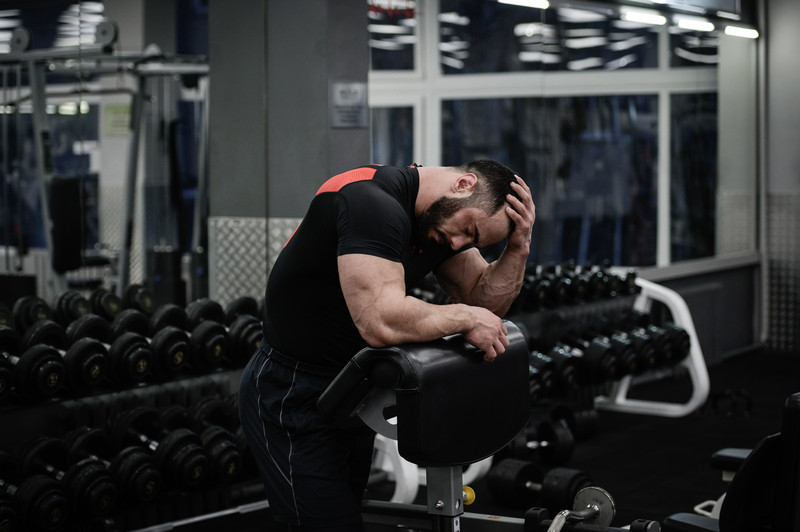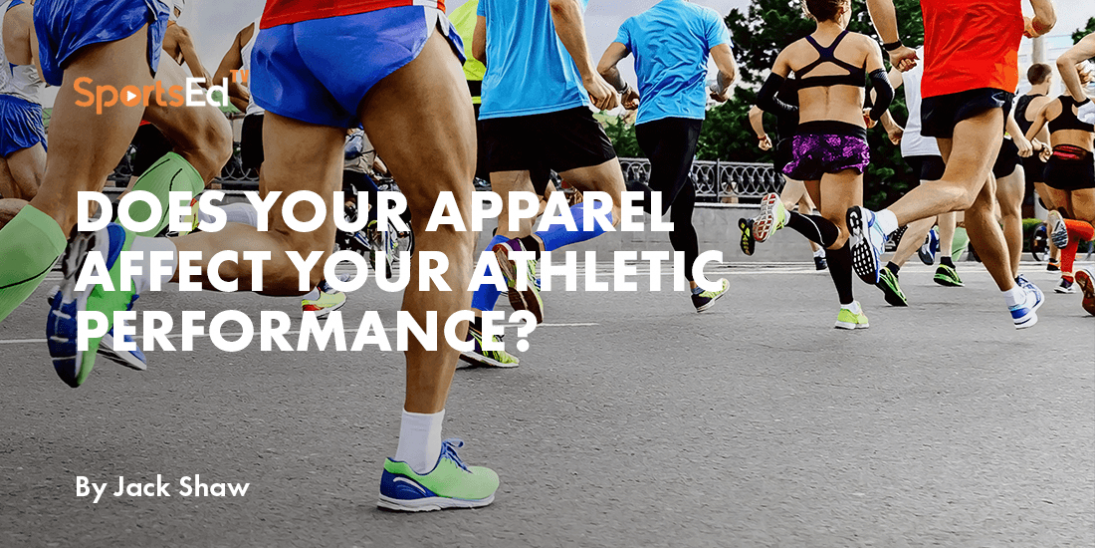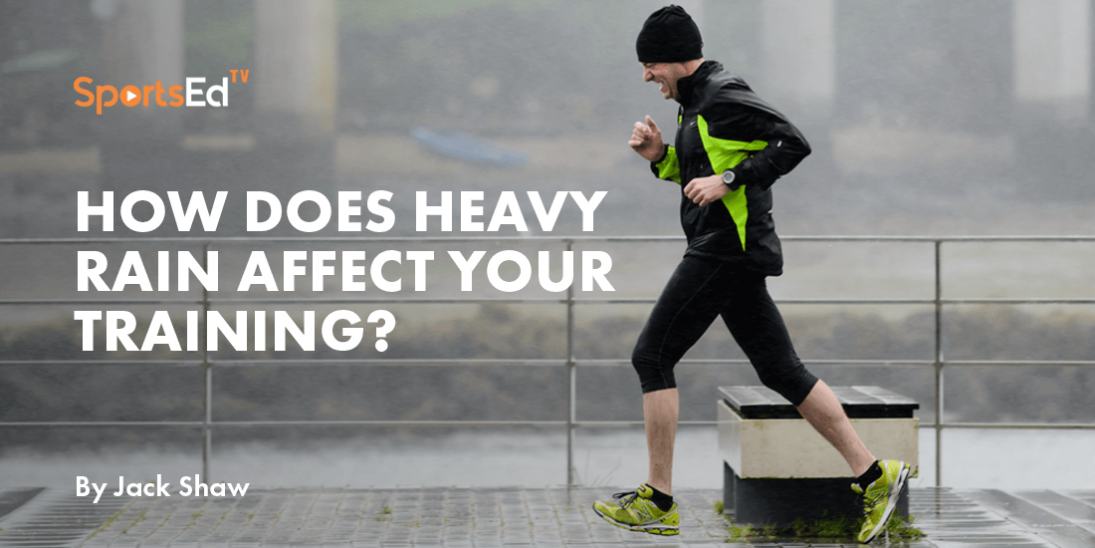Health
Welcome and thanks for visiting...

Feeling Exhausted? 7 Factors That May Be Slowing You Down

Athletes are naturally more prone to fatigue than the general population. Although some sports are more taxing than others, competitors in less athletically demanding endeavors can also become lethargic. Everyone has off days, but pay closer attention to your health when exhaustion lingers.
Types of Fatigue

Healthcare professionals may categorize sports fatigue into the following:
Physiologic: Physiologic fatigue is something you can experience even after receiving a clean bill of health. It stems from detrimental lifestyle habits.
Metabolic: Metabolic fatigue happens when you deplete your energy stores. Running out of fuel quickly can affect your training and performance in competition.
Neurological: Neurological fatigue relates to the peripheral and central nervous system. Reaching your physical limit and exhausting your bandwidth can kill your motivation to continue.
Psychological: Psychological fatigue involves the mind. It can hit when you fail to manage the various stressors in your life.
Environmental: Environmental fatigue happens when something disrupts your everyday routine. You may be more prone to it when you’re superstitious. Failing to adapt to a situation when an impediment prevents you from following your rituals may take a toll on you.
Acute: Acute fatigue is when you hit the wall.
Secondary: Secondary fatigue pertains to exhaustion caused by a medical condition lasting one to six months.
Chronic: Chronic fatigue occurs when your energy levels remain low for more than six months despite giving your body time to repair itself.
What Are the Fatigue Symptoms Athletes Experience?

Your weariness may cause concern when you notice a combination of these symptoms.
Sudden Tiredness
Being exhausted after strenuous work is normal. Another story is that feeling worn out constantly despite giving your body enough time to recover.
Irregular Sleeping Patterns
Flying to various cities and countries to compete can occasionally disturb your circadian rhythm. Even superstars are prone to the temporary effects of jet lag.
However, you should ring alarm bells when your body clock and the external environment are out of sync. After all, you should be able to reset your circadian rhythm after training during the day and avoiding naps when the sun is out.
Increased Perception of Effort
Any voluntary action requires a sense of effort. Noticing that you should try harder to hit the same workout goals in training is a sign you’re going through something.
Declining Training Enjoyment
While intense training can punish the body, athletes love the grind. Aside from the anticipated rewards linked to backbreaking drills, like achieving peak athletic performance, exercising can be euphoric because it triggers your body to release endorphins.
Sometimes, you may drag your feet to the training facility. However, there’s something amiss when your workouts don’t feel as fun anymore.
Reduced Sporting Performance
Underperforming in competition when your body is in tip-top shape merits self-reflection and may require medical attention.
Rapid Resting Heart Rate
Your heart rate at rest should be 40-60 beats per minute. Your team should look closer when your pulse measures anything higher than that.
Heightened Injury Proneness
Athletes become more susceptible to injury as they age. The older you get, the more your muscle mass and connective tissue integrity dip. However, regular physical activities shouldn’t sideline you when you’re years away from competing against Father Time.
Prolonged Recovery Time
Recovery speed also correlates with age. Needing more time to heal your sore body or injury when you could still pass for a spring chicken in your sport may suggest fatigue.
Decreased Appetite
Suddenly, having less desire to eat is alarming for athletes, as some may need to consume about 5,000 calories on a training day to stay lean and healthy.
Sharp Weight Loss
Unintentionally shedding an excessive amount of pounds indicates something is wrong physically.
7 Factors Contributing to Fatigue in Athletes

The fatigue bug bites athletes for various reasons. These seven are significant contributing factors.
1. Wear and Tear
Unfortunately, overusing specific body parts results in fatigue. Without cross-training, you may overextend the muscles, tendons, and joints you rely on most to play your sport. Focusing on them too much to boost your performance may ironically render you out of commission due to injury and negatively impact your athletic career’s longevity.
2. Overtraining
Unwavering commitment to hard work separates elite athletes from the rest. Although outworking everybody is vital in refining your skills, you should be mindful of any imbalance between training and recovery.
Not giving your body adequate rest to recuperate and grow stronger subjects it to undue punishment. Inactivity is part of training, so don’t think you’re slacking off and feel guilty when relaxing.
3. Frequent Travel
Charter flights have made traveling more convenient for modern-day athletes. Still, packing and unpacking your bags, sleeping in hotel beds, and acclimating yourself to new weather conditions and time zones frequently can drain your batteries more quickly.
Home court advantage is real. Local talents have the edge over visitors because they don’t have to jump through as many hoops to compete.
4. Poor Nutrition or Hydration
Meeting your caloric needs with the right foods is a recipe for success. Neglecting proper nutrition can jeopardize your conditioning, diminish your athletic performance and compromise your immune system.
Insufficient hydration is a common culprit in sports fatigue. Forgetting to drink fluids every 15-20 minutes makes you prone to heat cramps, especially when you sweat profusely without realizing it.
5. Unknown Medical Illness
Certain health conditions, such as anemia, heart disease, hyperthyroidism, iron deficiency, sleep apnea, and type 1 and 2 diabetes, can make you highly vulnerable to fatigue. That’s why it can be challenging to treat your lingering tiredness when its underlying medical issue is undiagnosed.
6. Anxiety
This mental health problem can trigger your fight-or-flight response, flooding your bloodstream with stress hormones. Your body takes a beating when you’re perennially anxious, leading to ailments contributing to fatigue.
7. Depression
Battling bouts of depression aggravates the other risk factors for fatigue. Still, many depressed athletes can continue competing at a high level.
However, this demon can prove to be too powerful an adversary. For example, Spanish basketball superstar Ricky Rubio, who has a history of depression, retired from the NBA after 12 seasons at the age of 33 to recover from a mental health crisis.
Address Sports Fatigue Accordingly
Properly treating fatigue starts with an accurate diagnosis. Speak with your coach about your situation to get the best help you need to get back on your feet.








